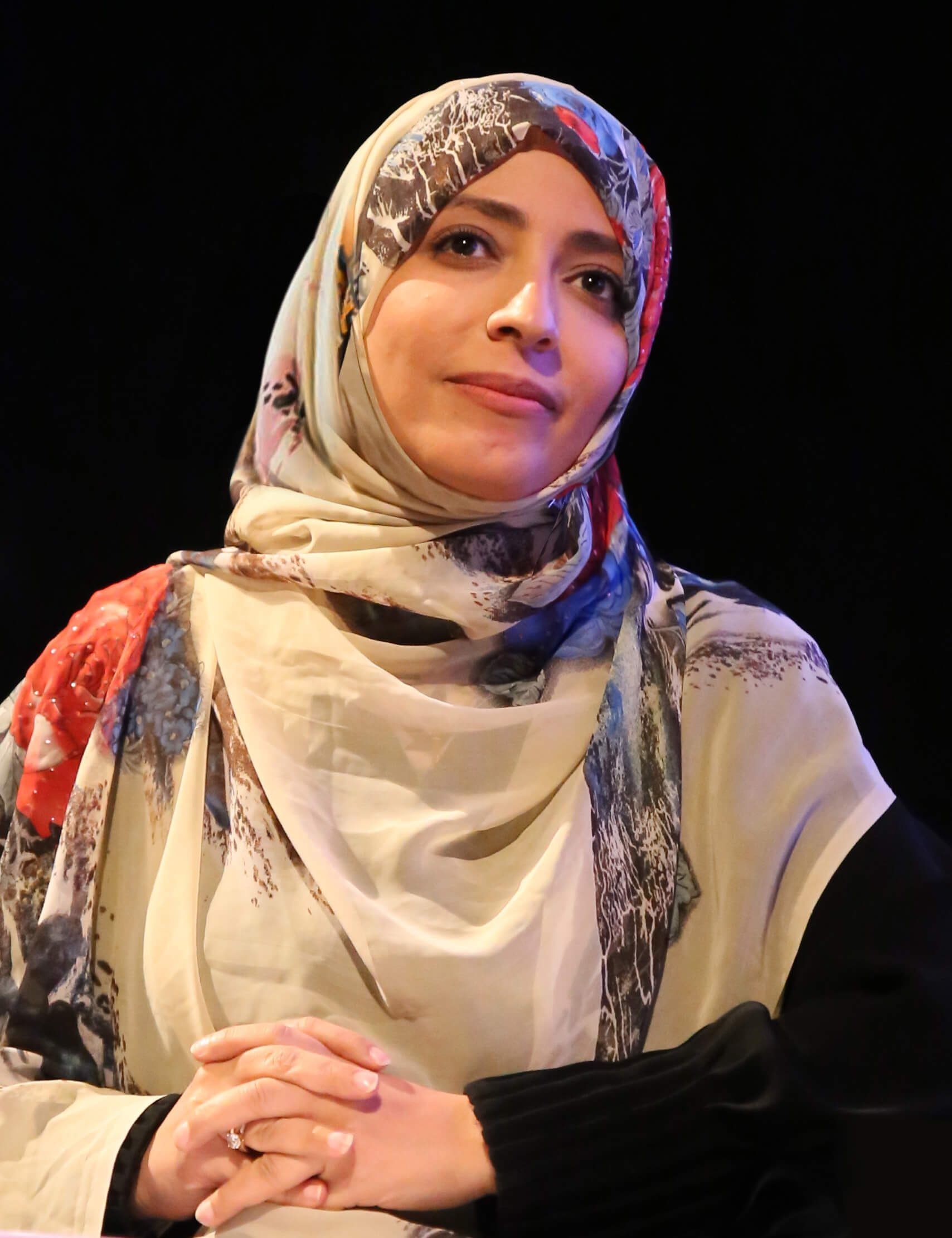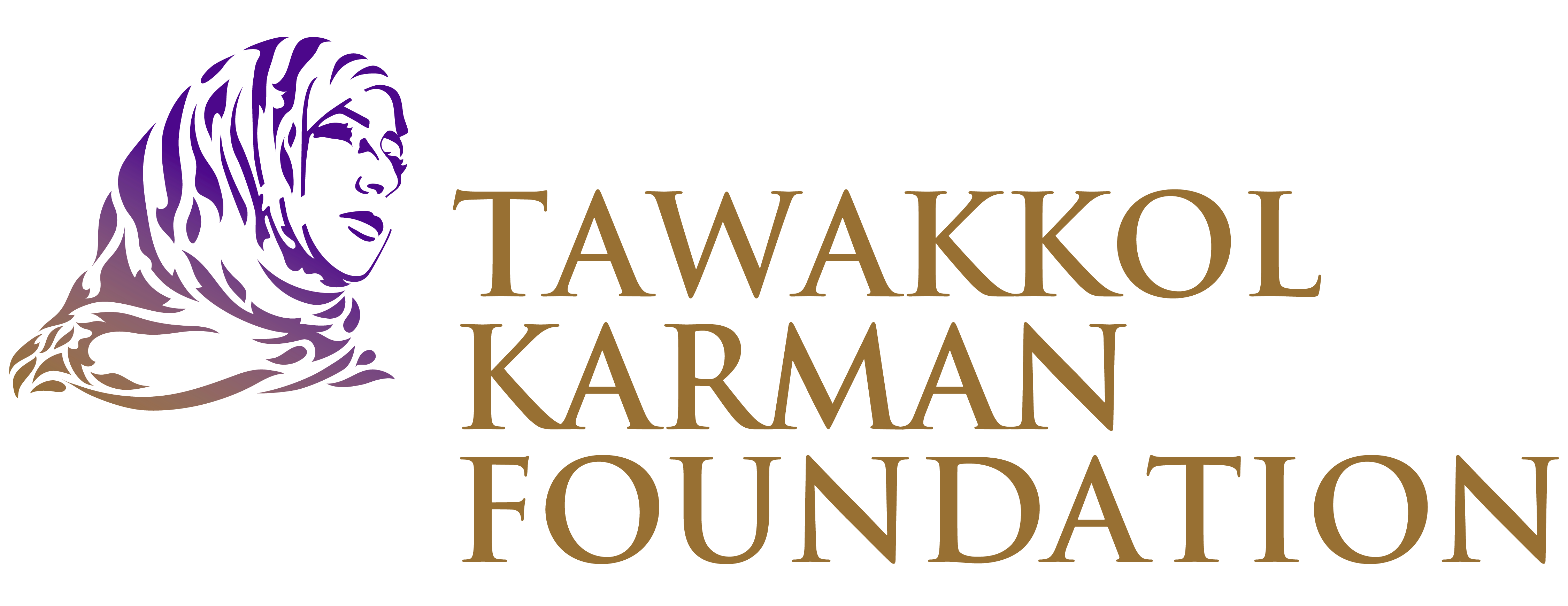
Tawakkol Karman
Tawakkol Karman, a Yemeni journalist and human rights activist, is the first Arab woman to win the Nobel Peace Prize.
Known as the “Mother of the Revolution,” “The Iron Woman,” and “The Lady of the Arab Spring,” Karman led hundreds of protests against Yemen’s dictatorial regime, advocating for democracy and freedom of speech. She founded Women Journalists Without Chains and the Peaceful Revolutionary Youth Council, facing imprisonment and persecution for her active engagement in these causes. She played a pivotal role in pressuring former Yemeni President Ali Abdullah Saleh, who ruled from 1978 to 2012, to relinquish power.
Tawakkol Karman came forward as a courageous leadership figure during the Arab Spring in 2011 and was praised for her efforts against tyranny in the Arab world and for promoting reconciliation between Shia and Sunni Muslims, countering terrorism, and fostering dialogue between Islam and other religions.
Karman's extensive influence is recognized globally. TIME Magazine listed her as one of the 17 Most Rebellious Women in History and one of the most influential women of the past century, featuring her on the cover of their 100 Strong Women in the World issue as a 'Torchbearer of the Arab Spring.' She is also recognized by Foreign Policy magazine as one of the FP Top 100 Global Thinkers and named among the most powerful women by many international media outlets and organizations such as CNN, BBC, and Reporters Without Borders.
Tawakkol Karman continues her struggle against tyranny, wars, and terrorism worldwide and advocates for expression rights, democracy, and development. She was appointed by the former UN Secretary-General to the High-Level Panel of Eminent Persons on the Post-2015 Development Agenda.
She serves on the boards of several key international institutions and organizations, including the Nobel Women’s Initiative, Democracy for the Arab World Now (DAWN), and the Facebook and Instagram International Oversight Board. Her Tawakkol Karman Foundation plays an important role in development by building schools, fighting poverty, and supporting health institutions in Yemen.
